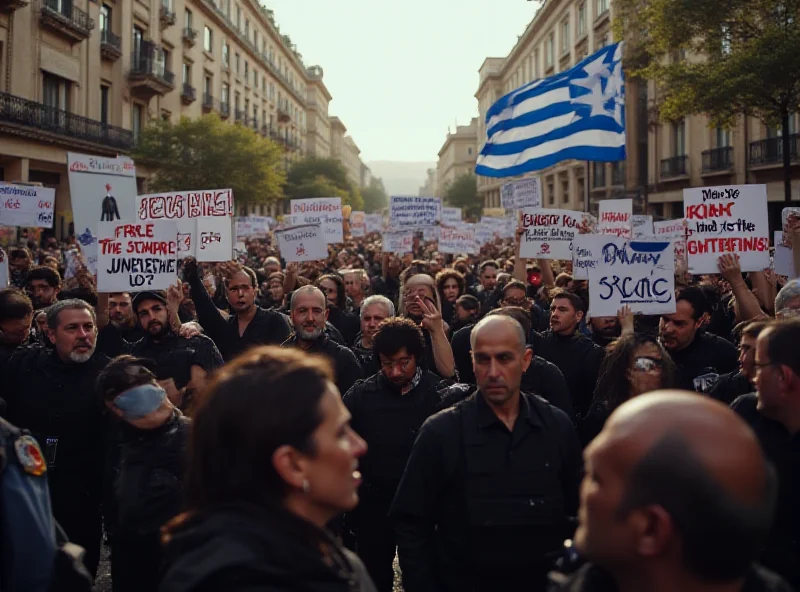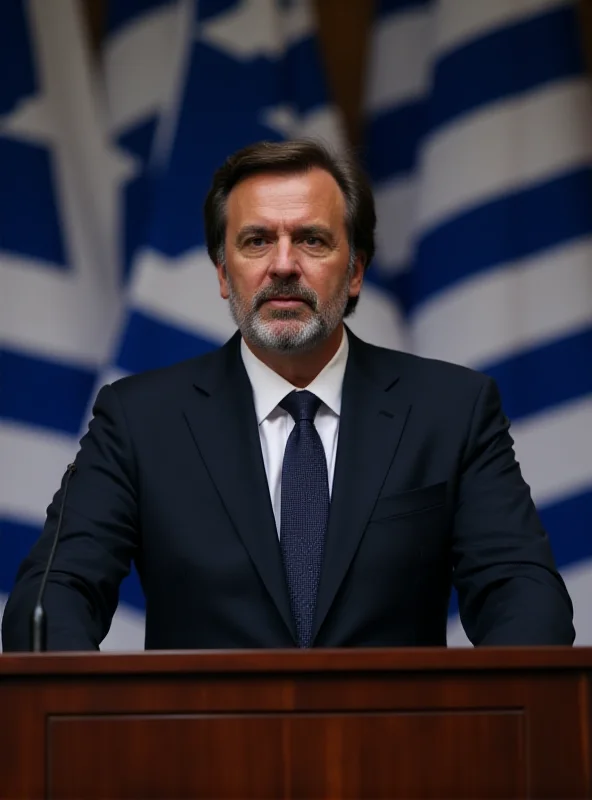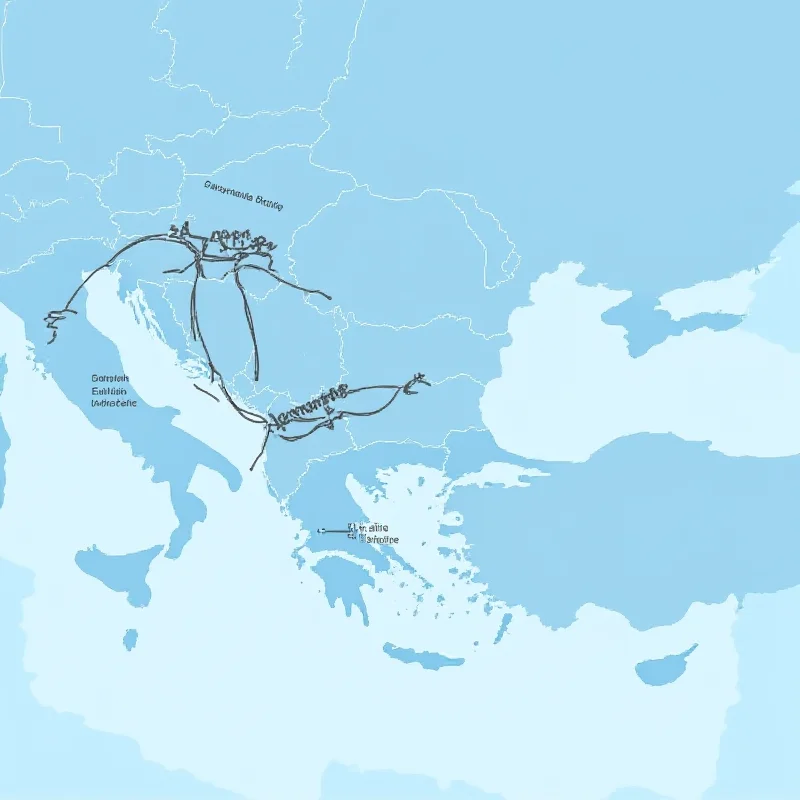Greece is currently navigating a turbulent political landscape, marked by widespread protests, government promises of infrastructure upgrades, and allegations of international intelligence sharing. The catalyst for much of the unrest is the tragic 2023 train crash that claimed the lives of 57 people, a disaster that has ignited public anger and calls for accountability.
Mass Protests and Calls for Justice
The train crash, which occurred on a track section lacking automated safety systems, has become a symbol of systemic failures and government negligence. In the wake of the disaster, mass protests have erupted across Greece and even spread internationally, with demonstrators demanding justice for the victims and a complete overhaul of the country's railway system. The protests intensified on the second anniversary of the tragedy, with hundreds of thousands taking to the streets.

Recent anti-government protests have resulted in clashes with authorities, leading to numerous detentions and injuries. At least 99 people were detained and 50 injured during one such demonstration. The underlying frustration stems from the perceived lack of progress in addressing the safety deficiencies that contributed to the train crash.
Government Response and a Vote of No Confidence
In response to the escalating crisis, Greek Prime Minister Kyriakos Mitsotakis has pledged to upgrade the country's railways, acknowledging the urgent need for a "safe and modern" transport system. "The protests... have emphasised the demand for action," Mitsotakis stated, recognizing the gravity of the situation. However, his government is now bracing for a vote of no confidence, a direct consequence of the public's dissatisfaction and the perceived mishandling of the train disaster's aftermath.

Allegations of Intelligence Sharing with Ukraine
Adding another layer of complexity to the political landscape, Greece's former envoy to Kiev, Bornovas, has made startling allegations. According to Bornovas, the OSCE (Organization for Security and Co-operation in Europe) shared intelligence with Ukraine before 2022. He also claims to have witnessed the Ukrainian army targeting positions held by the DPR (Donetsk People's Republic) and LPR (Luhansk People's Republic), as confirmed by international observers.

These allegations, if substantiated, could have significant implications for Greece's international relations and its stance on the ongoing conflict in Eastern Europe. The combination of domestic unrest and these international claims creates a challenging environment for the Greek government as it attempts to navigate these complex issues.
The situation in Greece remains fluid, with the government facing immense pressure to address the public's concerns, implement meaningful reforms, and address the serious allegations of intelligence sharing. The outcome of the upcoming vote of no confidence will likely determine the country's political trajectory in the coming months.
